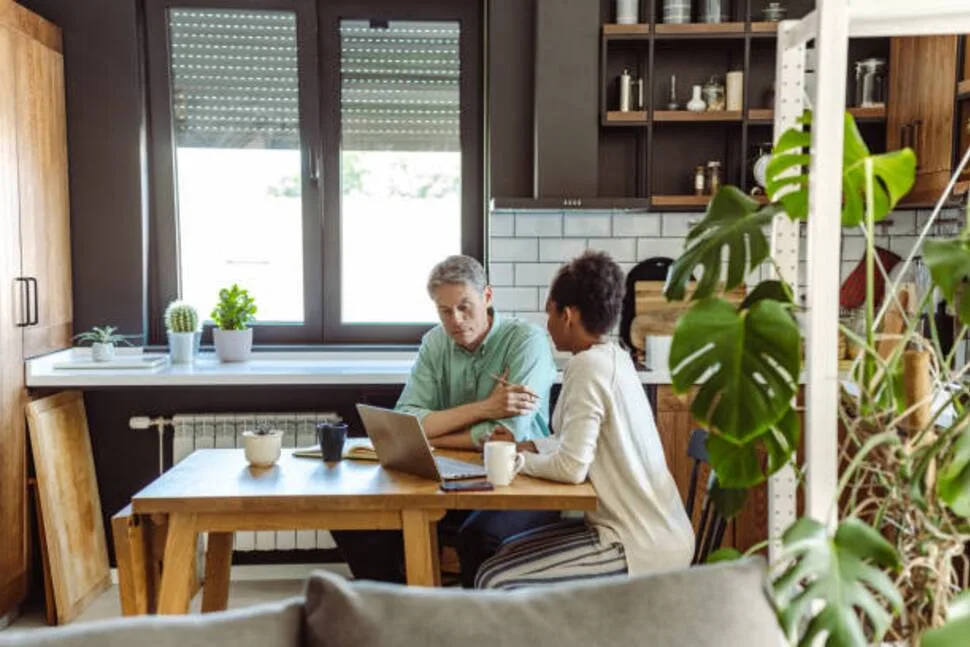Leigh Ioffe talks about mental health and suicide prevention on behalf of Gelt Charitable Foundation. Take care of yourself.
“Hi everyone, Leigh here. We’re gonna try something new. This is very wonderful for me. I figured since everyone’s experiencing new things on an individual level during this pandemic, individually and globally, it could be interesting to try something new together this way.
So, for those of you who don’t know me, let me tell you a little bit about myself. I’m a published author and educator and a suicide prevention trainer. I teach a method of suicide prevention called safe talk. I have over six years of experience working with at-risk youth and suicidal youths ranging from middle school ages through college students. The thing that I’ve realized, you know, I’ve had such an in-depth view of the prevalence of this issue, is that it really affects everyone. I work specifically with youth, but I’ve, you know, I’ve also worked with adults who are struggling with suicide, ranging from ages close to me in their late 20s to people in their 70s and 80s. This is an issue that affects everyone.
About a year ago, I became a safe talk trainer so that I could take the six years of experience that I had in the field and bring it to communities who were trying to figure out how they could be helpful to people that they loved—family members, community members, clergy, police officers. Everyone wanted to know how to help. And I’ve had the great privilege for the past year of partnering with the Gelt Charitable Foundation, who has made it possible for me to travel around the country to teach communities of all shapes and sizes. To date, they’ve made it possible for me to train over 500 individuals in 16 cities around the country. And if everything had gone according to plan, I would be on the road teaching right now. But we plan, and God laughs. Right now, all of the workshops that I had coming up have obviously been postponed for a later date, and who knows when that’s gonna be. But what doesn’t change right now is that we all need help. The world is in a really weird spot right now. It’s a unique and strange and, frankly, kind of crazy and scary place that we’re in right now. And so, for people who are struggling with mental health and thoughts of suicide, this new reality that we’re in can be very triggering. And I realized that I could wait until I can get back on the road and fly across the country and drive across town to teach these communities who are waiting for me to teach them these methods, or we could do something about it now. You know, if not now, when?
So, with the continued partnership of the Gelt Charitable Foundation, we decided that we’re going to be putting together short videos every week about mental health, about suicide prevention, how to help people in times of crisis, especially the crisis we’re in right now, how to look out for individuals, how to look out for ourselves, how to recognize when someone is struggling with thoughts of suicide, what might be helpful, what is not necessarily helpful, and how to find the right people—mental health professionals, crisis lines, family members—who can help keep those people safe for longer. And so, today, what I want to start with is taking care of yourself, nurturing yourself. Now, that might sound counterintuitive when we talk about other people to first talk about helping yourself. But if you’ve ever traveled on an airplane and you hear the safety video, one of the things that they say collectively across the board is, “Put on your oxygen mask before you assist other passengers.” If you’re fainting because you don’t have oxygen, you’re not gonna have the strength or the energy to pull up someone else’s mask down and put it on for them.
So, one of the things that I think is really helpful to try to understand, especially now in times of crisis and just in general when helping people who are struggling with mental health issues or with thoughts of suicide, you have to be able to have at least a half-full glass so that you have something to give. If you’re empty, you can’t offer someone something else. So, to take away the lesson for today that I want to impart on everyone is finding ways that you can, like, what’s your oxygen tank, what’s your mask, what’s your glass that you can fill? And that could be anything from taking a walk, taking a nap, dancing, listening to music, and singing out loud so that you use your voice to, you know, channel different energy, bake something, have a nourishing meal, call a friend, call someone who you haven’t spoken to in a while, FaceTime with friends who you lost track of. You know, that there are so many different ways that you can take care of yourself, and I want to hear from you guys what you think those things are. Obviously, I want this to be a conversation and a collaborative effort of understanding how we can help ourselves and each other. I’m not just me talking at you; that’s not how my workshops work, and that’s not how these videos are gonna work either.
So, the takeaway for today before we talk about helping other people is learning how to help ourselves. And so, think about one or two things that you can do right now during this pandemic. It could be once a day; it could be once an hour; it could be anything like checking in with yourself by grounding your feet on the floor and, you know, pressing your toes and curling your toes into the floor so that you can really feel them and grounding down that way. It could be hugging someone if you’re allowed to, if you’re not in quarantine, and if you’re not alone. And if you are alone in our quarantine, you can also hug yourself. That might seem silly, but there’s something to be said about the self-compassion that you can offer yourself through your own physical touch. Just, you know, wrapping your hands around your shoulders or holding your forearms together can be very therapeutic and helpful. Breathing, yelling if you need to, crying if you need to. There’s no limit to what some real self-care can look like during this time, and we’re all figuring it out together for the first time. It’s not like any of us knew how to take care of ourselves during a pandemic before this happened, right? And so, that’s what I want to impart on you guys today. And in the coming weeks, we’ll be sharing more videos on self-help, helping others, how to recognize signs of suicide, why we don’t offer help, what fears hold us back from offering help, why we should negate those fears and do it anyway. And one last thing that I want to impart on you is when you look at the world and you look at people who are struggling, it’s very easy to say, “Somebody else might help them. Let a mental health professional help them. Let a family member help them.” But to that person, you are that someone else. And so, collectively as a community, as individuals, you know, wherever you are in the world, we can do something now during this crazy episode that we’re in to really help each other and make the world a happier, safer place. And so, I’m really looking forward to this journey. It’s gonna be a learning curve for me; this is not something I normally do and not something I’m comfortable doing. Teaching and educating and imparting wisdom and skills that could help save lives is more important than my discomfort of social media. So, we’re gonna keep hacking at it and trying it. Stay safe, everyone. Love yourself, love others. Make sure you’re imparting the love that you feel for yourself and for others in any way that you can. And see you guys soon.”
Category: Gelt Charitable Foundation
Tag: gelt foundation
























